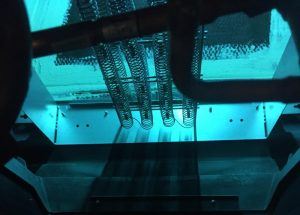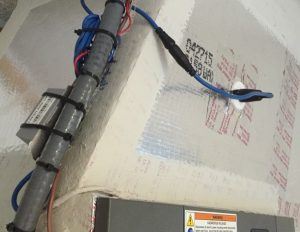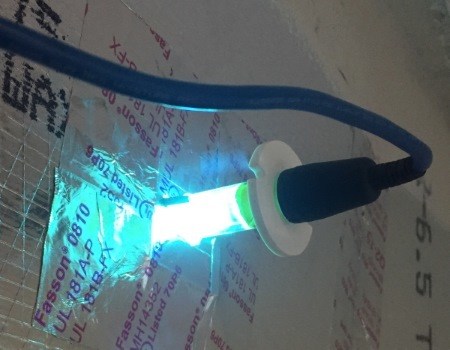Experience a revolutionary leap in air purification with Ultraviolet Light Air Purification. Say goodbye to pollutants like mold, mildew, bacteria, and viruses that compromise air quality. Unlike traditional filters, UV technology obliterates these microscopic threats with precision using powerful UV rays. Intrigued by UV systems but want to delve deeper into their mechanism? Dive into our guide below to make an informed purchase decision.
Benefits of UV Filters
Step into the future of air purification with Ultraviolet air filters, boasting numerous advantages over conventional technologies. Firstly, they excel in cleaning vast areas efficiently. Additionally, they operate quietly compared to their counterparts. What’s more, UV filters stand out for their eco-friendliness, posing no harm to the ozone layer and exclusively targeting microbial contaminants within their reach.
How UV Light Works
There are three categories to the Ultraviolet spectrum:
- UVA – operating at 380-315 nm
- UVB – operating at 315-280 nm
- UVC – operating under 280 nm
Having the correct spectrum, UVC light, is critical to these ultraviolet light systems doing their jobs.
There are several other factors that contribute to a UV light’s ability to destroy or neutralize various types of microorganisms. Various calculations are necessary to achieve the proper balance. The lamp’s overall intensity, the distance between the bulb and the area we want to treat, and the duration of exposure all play a role.
Different manufacturers make different claims regarding the effectiveness of their products based on these calculations. These claims are largely based on testing, research, and existing knowledge of the technology. The ultraviolet light systems we use at Pure Air Conditioning are typically 180 Microwatts of light intensity, making them the strongest and most effective ultraviolet lights you can get for your air conditioning system.
Navigating UV Filter or Filtration Systems
The top-performing UV Systems employ a dual strategy, utilizing a conventional filter to ensnare a maximum number of contaminants as the initial line of defense. However, an excessive concentration of particles in one area can create a shield, permitting certain microbes to slip through—a phenomenon known as “shadowing.” This effect operates much like a protective barrier, allowing some spores to evade exposure. The effectiveness of a UV filter hinges on the concentration of microbes passing through; the lower this concentration, the more efficiently and thoroughly the filter can eradicate them.
A premium-quality UV light typically maintains peak performance for approximately two years before beginning to degrade and lose effectiveness. In contrast, inferior lights boast a significantly shorter lifespan, with some lasting a mere year. When selecting a UV system, it’s crucial to heed the manufacturer’s guidelines for bulb replacement and diligently adhere to regular maintenance schedules for optimal functionality.
Factors to Consider
It’s vital to recognize that merely having a UV bulb doesn’t guarantee effective air purification in most scenarios. The most effective UV systems are integrated into comprehensive systems that involve filters and ultraviolet lights in unison. UV light by itself doesn’t guarantee “clean air”. Additionally, there’s an ongoing expense associated with maintaining a UV system. As noted, bulbs degrade over time and eventually need replacement to be effective.
We offer UV systems in the Collier and Lee County and would be happy to provide you a free estimate and some great options for cleaning your air and keeping your air clean.
Call Us at – 239-597-7873 or chat with us online using the chat bubble on this page.





